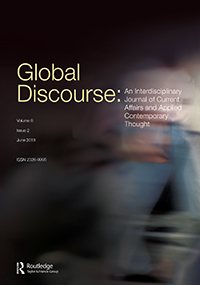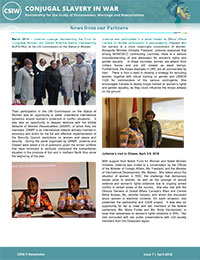[Disponible en anglais seulement]
Author: Annie Bunting, Law & Society, York University, Toronto, Canada
Source: Global Discourse
ABSTRACT
In assessing the effectiveness of international human rights law to achieve meaningful gender equality, Lisa Baldez and Debra DeLaet offer two complementary yet different case studies. De Laet argues that despite the rhetoric and promise of international women’s rights law, such codification has yet to achieve ‘systemic progress’ to address gender inequality. DeLaet concludes that progress is most often attributable to national law reform and enforcement rather than global legalism. Picking up on the importance of national context, Baldez comes to a different conclusion in examining the case of Cuba’s submissions to Convention on the Elimination of All Forms of Discrimination Against Women. Both papers point not only to the limitations and potential of international law but also to the limitations of feminist strategies that emphasize law reform at the exclusion of other non-juridical strategies for social change. As I read the papers together, I am reminded of the need to see global legal strategies as embedded in and alongside other strategies for social change. I argue that, despite its frailties, international law remains a useful resource for national or grass-roots feminist strategies for positive social change.






